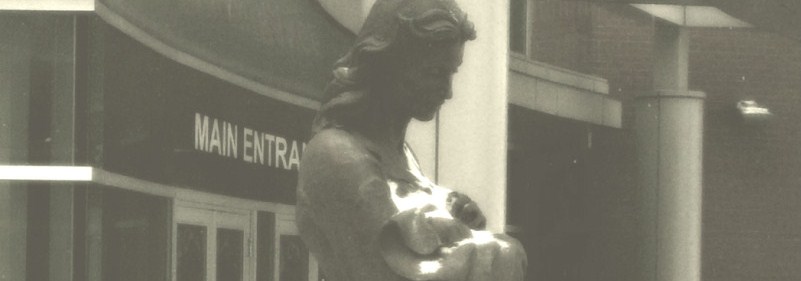Perception
Perception

Perception, our Reality –
A different take on an old line from a poem by Sir Walter Scott: “Oh, what a tangled web we weave, when first we practice to PERCEIVE”.
The word “deceive” has been replaced by the word “perceive”.
What is the difference? Really, not a great amount when the perception is not the truth of the situation. An erroneous perception communicated to another becomes a deception.
When it comes to our customers, patients and their families, their perception is their truth, and we must always honor that. However, so often, when it comes to our co-workers, our perception is false. One of the goals in our MMH Values is Respect and Caring. That value contains this statement: “Respect one another for who they are by celebrating positive attributes…Consistently demonstrate a ‘we’ attitude striving to build relationships through cooperative efforts”. It is so very important in our workplace to honor, respect, and care for each other.
When you are offended, put off, or otherwise annoyed by a perceived action/inaction of a co-worker, communicate that directly to that co-worker first. Give them the opportunity to explain their perception of the situation before you create a “deception” by communicating your “perception” to others.
If you want to find joy and fulfillment at work, get to know each other; give your co-workers the benefit of the doubt and expect the same from them in return. Mutual Trust, Respect, and Care are paramount to your happiness and success at MMH!
“When You Know A Fellow” by Edgar A. Guest (1881-1959)
When you get to know a fellow, know his joys and know his cares,
When you’ve come to understand him and the burdens that he bears,
When you’ve learned the fight he’s making and the troubles in his way,
Then you find that he is different than you thought him yesterday.
You find his faults are trivial and there’s not so much to blame
In the brother that you jeered at when you only knew his name.
You are quick to see the blemish in the distant neighbor’s style,
You can point to all his errors and may sneer at him the while,
And your prejudices fatten and your hates more violent grow
As you talk about the failures of the man you do not know,
But when drawn a little closer, and your hands and shoulders touch,
You find the traits you hated really don’t amount to much.
When you get to know a fellow, know his every mood and whim,
You begin to find the texture of the splendid side of him;
Then his faults won’t really matter, for you’ll find a lot to praise.
You begin to understand him, and you cease to scoff and sneer;
For with understanding always prejudices disappear.
You begin to find his virtues and his faults you cease to tell,
For you seldom hate a fellow when you know him very well.
When next you start in sneering and your phrases turn to blame,
Know more of him you censure than his business and his name;
For it’s likely that acquaintance would your prejudice dispel
And you’d really come to like him if you know him very well.
When you get to know a fellow and you understand his ways,
Then his faults won’t really matter, for you’ll find a lot to praise.
Prepared by Tonia M. Watson
Human Resource Director
Madison Memorial Hospital
.
